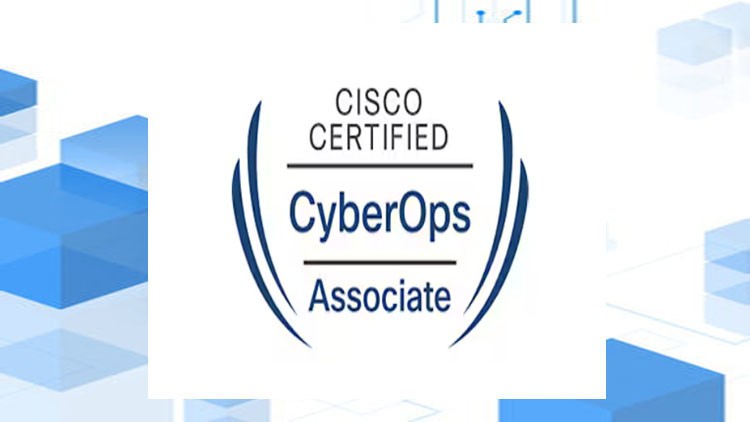What
You’ll Learn
You’ll Learn
- Understand Security Operations Concepts and Terminology
- Develop Practical Skills in Monitoring and Detecting Cybersecurity Threats
- Execute Fundamental Incident Response and Analysis Techniques
- Apply Knowledge of Security Architecture and Tooling for Defense
Requirements
- Basic Networking Knowledge
- Understanding of Security Basics
- General IT Experience
Description
“This practice exam consists of 6 sections, each containing 105 questions, covering all the topics included in the certification exam.”
The Cisco Certified CyberOps Associate certification is designed to equip learners with foundational skills and knowledge needed to work in entry-level cybersecurity roles. This course focuses on monitoring, detecting, and responding to cybersecurity threats through continuous security monitoring techniques, leveraging various tools, and understanding critical security processes.
Key Highlights of the Course:
-
Introduction to Cybersecurity Operations: Provides foundational knowledge on cybersecurity threats, vulnerabilities, and attack vectors, along with an overview of the roles and responsibilities within a Security Operations Center (SOC).
-
Threat Analysis and Incident Response: Teaches methods to identify, evaluate, and respond to security incidents by analyzing network and system logs, threat intelligence, and digital forensics.
-
Network Intrusion Analysis: Covers network fundamentals and techniques for monitoring and analyzing traffic. Learners gain skills in identifying potentially malicious traffic using security information and event management (SIEM) tools, packet analyzers, and other network monitoring tools.
-
Understanding of Security Monitoring and Automation: Introduces concepts of endpoint security, network monitoring, and automated responses, which are vital in modern cybersecurity operations.
Course Objectives:
Upon completion of the CyberOps Associate certification, learners will be able to:
-
Understand and describe various cybersecurity threats, vulnerabilities, and risk management strategies.
-
Explain and implement SOC operations, including monitoring, detection, and incident response techniques.
-
Perform basic network security analysis, including identifying malicious traffic and employing intrusion detection techniques.
-
Utilize security monitoring tools to detect security events and assess threat intelligence data.
-
Apply knowledge of cyber operations procedures to real-world scenarios and recognize methods for automated security processes.
This course is designed to lay the groundwork for a career in cybersecurity, providing practical skills and knowledge to begin working effectively in a SOC or a related entry-level cybersecurity role.
Who this course is for:
- EVERYONE






